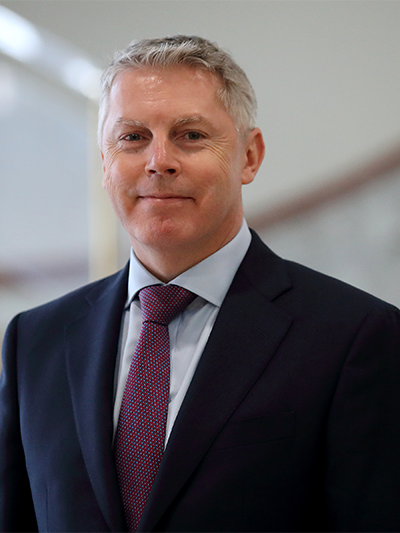
Since the publication of its 2019 Anti-Money Laundering/Countering Funding of Terrorism (AML/CFT), the Malta Financial Services Authority has “considerably enhanced the AML/CFT control framework”, according to Head of Financial Crime Compliance Anthony Eddington.
Writing as part of the Authority’s latest status update, released on Monday, Mr Eddington explained that with its efforts, the MFSA has introduced “more robust intrusive inspections, evidencing proportionate and risk-based supervision”.
The strategy was released in 2019, when Malta failed a test by the Council of Europe’s Committee of Experts on the Evaluation of Anti-Money Laundering Measures and the Financing of Terrorism (Moneyval), setting off the chain of events that now threatens to see Malta placed on the Financial Action Task Force’s (FATF’s) ‘grey list’.
The Authority highlights a number of areas in which it has registered “significant improvements” in AML/CFT areas, including with the establishment of a dedicated Financial Crime Compliance function, and a Due Diligence function.
The MFSA also says it has conducted a “thorough and holistic” review of its supervisory and authorisation process, integrated an AML/CFT element in all prudential and conduct supervisory work, as well as set up a new risk function aiming to assist in the application of a risk-based approach”
Additionally, it has embarked on “extensive” staff training programmes, investment in its enforcement function, a significant increase in outreach programmes and industry awareness, and the revision of the Company Service Providers regime.
According to Mr Eddington, the MFSA increased its AML/CFT full-scope examination capacity from 25 in 2019, to 81 in 2020, in an effort to upgrade financial crime controls in place which seek to ensure that entities like banks and financial institutions are not used to launder money or finance terrorism.
However, it is not just quantitive data which shows the improvement, he insisted.
“Our measure of success is not just in numbers but rather in the improvement of compliance culture of financial services operators in Malta. We have seen a positive shift in this respect, with real investment in back-office systems, controls and people.
“It is more difficult today to launder money through our financial system or to finance terrorism from Malta’s financial institutions”, he added.
MFSA CEO ad interim and Chief Officer Supervision, Christopher P Buttigieg explained that the review of the Authority’s processes has been its “number one” priority in the past two years, and said that it is “critical” for Authority and its national counterparts to stay abreast with criminal threats and vulnerabilities.
“It is our responsibility to ensure that market players implement a strong and effective compliance framework that deters and detects criminal infiltration. Hence, significant investment in financial crime compliance is necessary and vital for the integrity of Malta’s financial system”, he concluded.
The MFSA’s review comes at a trying time for Malta and its regulatory authorities.
Since its shock failure in a 2019 Moneyval assessment, the jurisdiction has undergone major changes, culminating in the country receiving much-improved feedback from Moneyval late in May.
The achievement, celebrated by politicians, business leaders and residents alike, however, has been overshadowed by more recent developments.
In a preliminary meeting last week, members of the Financial Action Task Force (FATF), a global committee against money laundering and the financing of terrorism and the parent organisation to Moneyval, were divided over whether Malta should be given a clean bill of health.
Subsequently, a final vote will now take place on Wednesday, involving delegates from 200 jurisdictions. Should Malta fail to pass this vote, the country will be placed on the so-called ‘grey list’, which threatens to make it harder for Malta to attract foreign investment, amongst other alarming impacts.
Self-employed, employees and companies contribute €2.1 billion in 2023
Parliamentary data reveals five-year growth trends in fiscal contributions
MFSA concludes review of Crypto-Asset Service Providers following MiCA implementation
The Authority provided clear expectations and guidance to address certain concerns.
Malta Development Bank to launch schemes supporting sustainable development and creative sector
In 2024, the MDB launched the SME Guarantee Scheme and the Guaranteed Co-Lending Scheme





